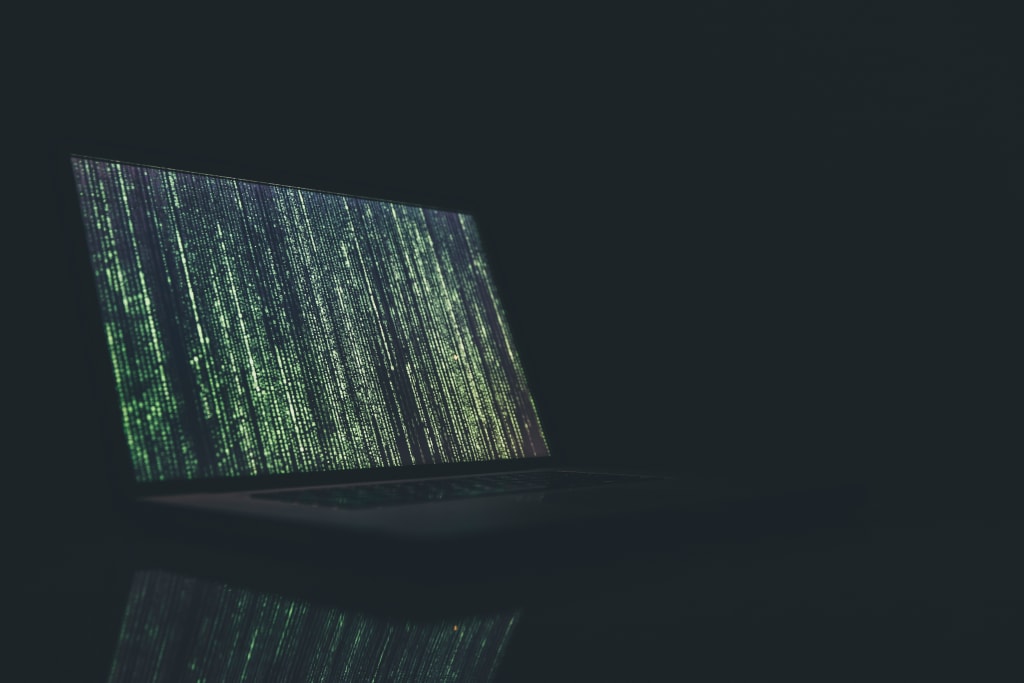10 Common Cybersecurity Mistakes to Avoid
Stay One Step Ahead: Avoid These Cybersecurity Pitfalls

Cybersecurity plays a crucial role in our modern lives, and it is essential to understand and avoid common mistakes that can compromise our digital information. By taking proactive steps and following best practices, we can significantly reduce the risk of falling victim to cyber threats. This article will discuss some of the most common cybersecurity mistakes and provide practical advice on how to protect your digital assets.
One prevalent mistake that individuals make is using weak passwords that are easy to guess. Many people choose passwords that are simple and easily guessed by hackers. It is crucial to create strong, unique passwords for each online account that you own. A strong password typically contains a combination of uppercase and lowercase letters, numbers, and special characters. Avoid using easily guessable information, such as birthdays or names, and refrain from using the same password across multiple accounts. Creating unique passwords for each account ensures that if one account is compromised, the others remain secure.
Neglecting software updates is another mistake that can have severe consequences. Software companies regularly release updates and patches to address security vulnerabilities and fix bugs. These updates not only improve the performance and functionality of the software but also enhance its security. Unfortunately, many individuals fail to update their software and operating systems, leaving their devices vulnerable to attacks. It is essential to regularly update all software, including applications, operating systems, and antivirus programs, to ensure they have the latest security patches. Enabling automatic updates can make this process more convenient and help protect your device from emerging threats.
Phishing emails pose a significant threat to individuals and organizations alike. Phishing attacks involve cybercriminals masquerading as trustworthy entities to trick users into revealing sensitive information, such as passwords or credit card details. One common phishing tactic is to send emails that appear to be from legitimate sources, such as banks or online retailers, asking users to verify their account information or click on a suspicious link. Falling for these scams can lead to identity theft or financial loss. To avoid falling victim to phishing attacks, it is crucial to be cautious and vigilant when dealing with email communications. Be suspicious of unexpected emails, especially those requesting personal information. Avoid clicking on links or downloading attachments from unknown sources, as they may contain malware. If you suspect an email to be a phishing attempt, report it to your email service provider and delete it immediately.
Failing to back up your data is another critical mistake that many individuals make. Data loss can occur due to various reasons, including cyber attacks, hardware failures, or accidental deletion. Without a proper backup mechanism in place, this loss can be permanent and have devastating consequences. To mitigate the risk of data loss, it is essential to regularly back up your important files and documents. There are several ways to do this, including using cloud storage services, external hard drives, or network-attached storage devices. Whichever method you choose, make sure to follow a consistent backup schedule and verify the integrity of your backups regularly. Automating the backup process can help ensure that your data is always protected even if you forget to perform manual backups.
In addition to these common mistakes, there are other preventative measures that individuals can take to enhance their cybersecurity posture. One such measure is enabling multi-factor authentication (MFA) whenever possible. MFA adds an extra layer of security by requiring users to provide additional verification, such as a fingerprint or a unique code sent to their mobile device, in addition to their password. This makes it significantly more difficult for hackers to gain unauthorized access to your accounts, even if they manage to obtain your password.
Another important step towards improving cybersecurity is being cautious when using public Wi-Fi networks. Public Wi-Fi networks are often unsecured, making it easier for cybercriminals to intercept your data. Avoid accessing sensitive information, such as banking or social media accounts, while connected to public Wi-Fi. If you must use public Wi-Fi, consider using a virtual private network (VPN) to encrypt your data and provide a secure connection.
It is also crucial to regularly monitor your online accounts for any suspicious activity. Enable email or text alerts for any account transactions or changes made to your account settings. By being proactive and promptly reporting any unauthorized or suspicious activity, you can minimize the potential damage caused by cyber attacks.
In conclusion, cybersecurity is an essential aspect of modern life, and it is crucial to be aware of and avoid common mistakes that compromise our digital information. By using strong, unique passwords for each account, regularly updating software and operating systems, being cautious of phishing emails, backing up data, enabling multi-factor authentication, being cautious on public Wi-Fi networks, and monitoring online accounts, we can significantly reduce the risk of falling victim to cyber threats. By following these best practices and staying informed about emerging cybersecurity trends, we can protect ourselves and our digital assets in an increasingly interconnected world.
About the Creator
Joseph Micheal Nnamdi
I love to write about cybersecurity and creating cyber awareness for internet users





Comments
There are no comments for this story
Be the first to respond and start the conversation.